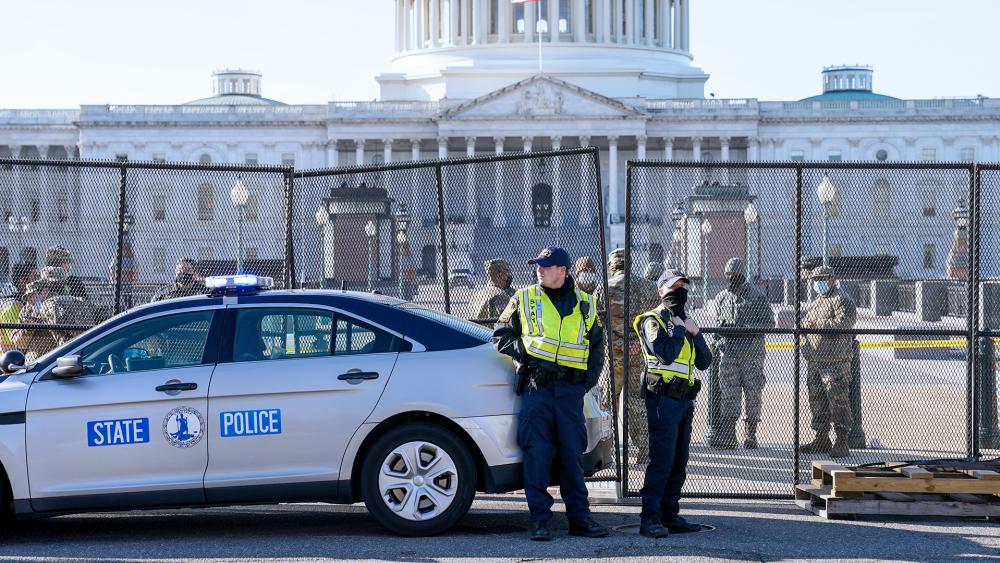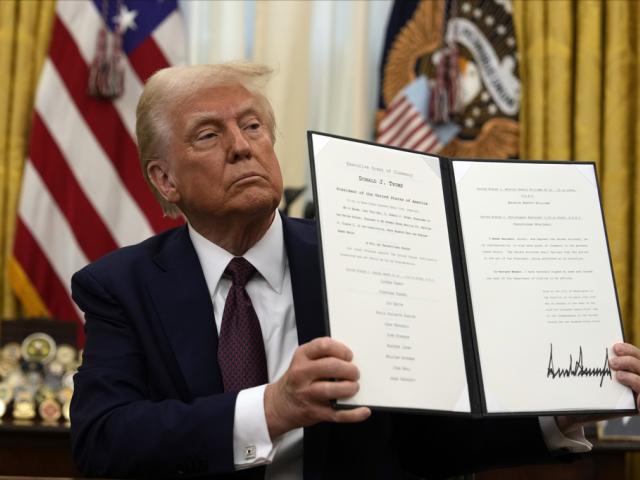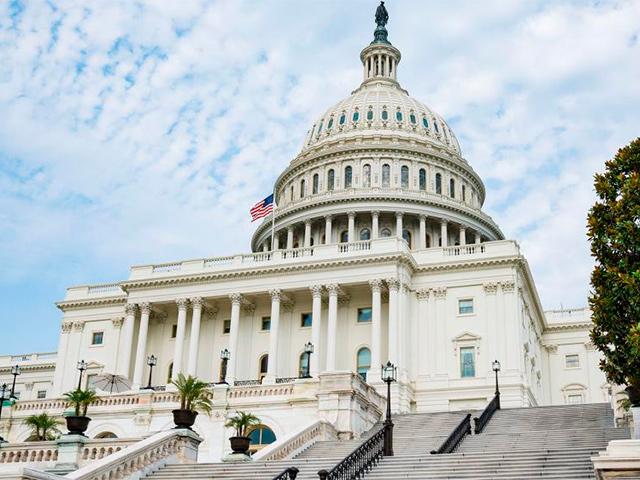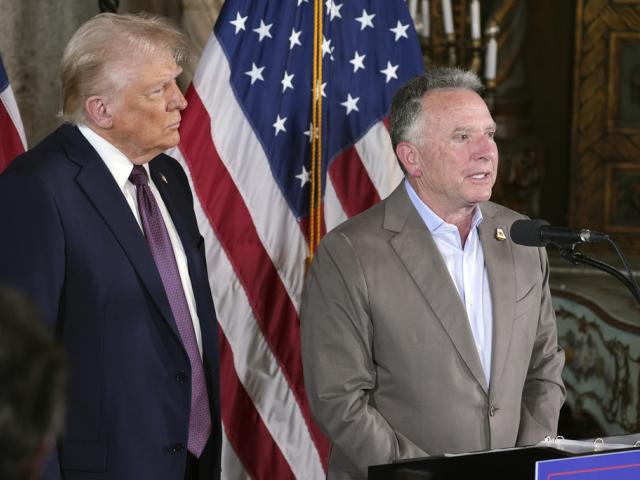The Supreme Court issued two separate rulings on Friday that take direct aim at the power of the federal government.
In what's widely known as the Chevron case, the court took a step to curb the ability of the ballooning federal bureaucracy to bypass Congress with backdoor regulations.
In the other case, the high court issued a ruling about obstruction that could have a big impact on the future of President Trump and Capitol riot defendants.
The Chevron Case & the 'Deep State'
In a far-reaching decision, the Supreme Court upended the 40-year-old Chevron precedent that made it easier for federal government agencies to create their own rules on issues like the environment, public health, and business regulations.
The original Chevron decision allowed federal agencies to unilaterally fill in the details whenever government officials claimed the laws passed by Congress were too ambiguous.
Critics have argued for decades that only Congress has been given the power to legislate, so allowing bureaucrats broad power to invent thousands of regulations violates the U.S. Constitution. It's one of the reasons those critics have referred to the massive size of the federal government as the "nanny state" or even the "deep state" because unelected bureaucrats often seized that opportunity to operate autonomously from the legislative or judicial branches.
THE CHEVRON CASE David v Goliath: Small Businesses Fight Federal Bureaucracy at US Supreme Court
BREAKING: In a major blow to the unelected administrative state, the Supreme Court has overruled the Chevron doctrine, which required courts to defer to the legal interpretations of unelected bureaucrats.
“Chevron is overruled.” pic.twitter.com/tqC5EYaUBl
— Sean Davis (@seanmdav) June 28, 2024
Chief Justice John Roberts wrote the court's opinion stating, "Perhaps most fundamentally, Chevron's presumption is misguided because agencies have no special competence in resolving statutory ambiguities. Courts do."
Tyler O'Neil, managing editor of the Daily Signal, wrote on X, "This is a huge step forward for holding the administrative state—and the deep state—accountable."
The Capitol Riot and Obstruction
In the other major case, the Supreme Court made it harder to charge Capitol riot defendants with obstruction, a charge that also has been brought against former President Donald Trump.
In a 6-3 ruling, the court ruled that charging someone with obstructing an official proceeding must include proof that defendants tried to tamper with or destroy documents. Only some of the people who breached the Capitol on Jan. 6, 2021, fall into that category, so many of those cases are expected to be overturned or affected by reduced sentencing.
Liberty Counsel Founder and Chairman Mat Staver said, "This new narrow interpretation will make it difficult for these indictments to stand."
Chief Justice John Roberts wrote Friday's decision, joined by Justices Samuel Alito, Neil Gorsuch, Brett Kavanaugh, and Clarence Thomas, and by Biden nominee Justice Ketanji Brown Jackson.
It's unclear how the court's decision might affect the obstruction case by Special Counsel Jack Smith against Trump in Washington. But the high court is expected to release a separate decision Monday regarding presidential immunity, and that ruling will directly impact Smith's case.
**Please sign up for CBN Newsletters and download the CBN News app to ensure you keep receiving the latest news.**
Did you know?
God is everywhere—even in the news. That’s why we view every news story through the lens of faith. We are committed to delivering quality independent Christian journalism you can trust. But it takes a lot of hard work, time, and money to do what we do. Help us continue to be a voice for truth in the media by supporting CBN News for as little as $1.












 Support CBN News
Support CBN News







